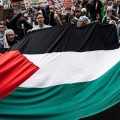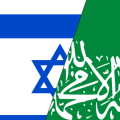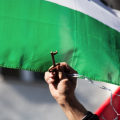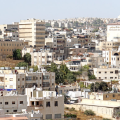How Israel Used Starving as a War Technique Against Palestinians
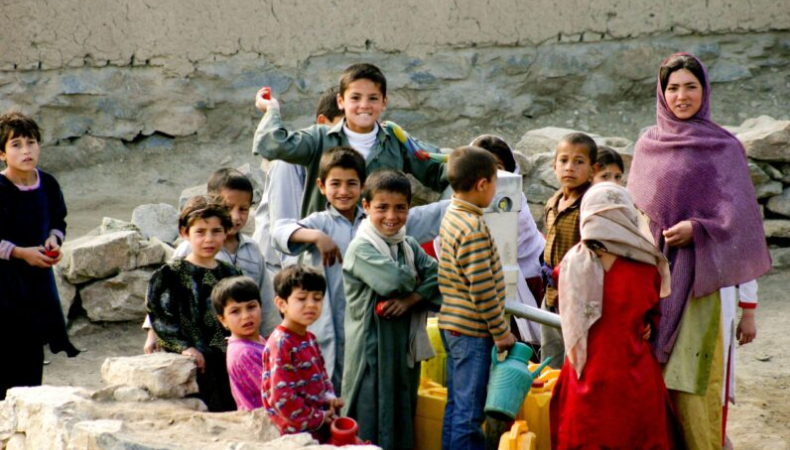
Using starving as a weapon of war is a serious transgression of international law. Human rights groups’ most recent findings and comments point to Israel using this strategy against Gaza’s Palestinians. This paper explores the historical background, legal framework, latest claims, humanitarian consequences, and worldwide reaction to these charges.
Past Context
Following Hamas’s takeover of the Gaza Strip, Israel has blocked access to the area since 2007. This blockage has sharply restricted people’s and products’ flow, leading to ongoing shortages of basic needs. Periodically strengthened during combat escalations, the blockade aggravates the food, water, and medical supply shortages. These acts have resulted in a terrible humanitarian crisis whereby the population of Gaza suffers greatly.
Many foreign agencies, including the United Nations, have consistently denounced the blockade over years. They have underlined how the limitations have devastated infrastructure, hampered Gaza’s economy, and made it very difficult for the area to rebuild following wars. Affecting almost two million people living in Gaza, the embargo has been likened to collective punishment.
Legal Fundamentals
Particularly the Rome Statute of the International Criminal Court, international humanitarian law clearly forbids the use of starving as a tactic of warfare. It labels such acts as war crimes, declaring that it is prohibited to purposefully deny people food and water, two items absolutely essential to their existence. These rules are meant to guard civilian populations during wars and guarantee that fundamental human rights are maintained.
Apart from the Rome Statute, several conventions and procedures including the Geneva Conventions define the safeguards for people during times of war. These international rules forbid activities that might cause famine and extreme resource deprivation, therefore obliging all sides in a war to guarantee the safety and well-being of civilian populations.
Recent Charges
Many human rights groups, notably Human Rights Watch, have recorded cases in recent months whereby Israeli forces allegedly have hampered the delivery of basic goods to Gaza. High-ranking Israeli officials reportedly have openly declared plans to deny Gaza’s civilian population access to food, water, and gasoline in order to push Hamas. These claims draw attention to a disturbing approach meant for the most defenseless groups of people.
Particularly noteworthy events have been recorded where assistance convoys were delayed or obstructed, water supplies were disrupted, and fishing areas were prohibited, so aggravating the humanitarian crisis. Comments made by Israeli officials have been taken as evidence of their utilization of these strategies to discredit Hamas, therefore supporting the charges of war crimes.
Humanitarian Effect
These acts have had absolutely disastrous humanitarian effects. There is extreme food shortage among many Gazans; some of their locations resemble those of a famine. Cases of starvation overwhelm hospitals; the lack of clean water has resulted in extensive illness epidemics. To enable the delivery of humanitarian aid and thereby reduce the suffering of the civilian population, the United Nations has often urged the easing of the embargo.
Families in Gaza are battling to get enough food to last them. Lack of pure water has compelled people to depend on polluted sources, therefore causing health problems. Already battered by years of strife, schools and hospitals are hardly able to handle the weight of the humanitarian crisis.
Foreign Reaction
Regarding these claims, the world community shows great worry. Calling for responsibility and independent studies to evaluate the degree of these activities, the United Nations and several human rights organizations have denounced the use of starving as a weapon of war. The global reaction emphasizes the pressing importance of following humanitarian rules and safeguarding of civilian populations in areas of war.
Nations all around have asked Israel to relax the siege and let unhindered humanitarian aid pass. Different resolutions urging for quick response to solve the problem have been passed in international venues. Advocacy organizations keep urging their governments to adopt a tougher posture against these claimed war crimes.
A major claim requiring careful study is the use of starving as a war tactic against Palestinians in Gaza. The world community has to guarantee that humanitarian rules are respected and that those guilty of infractions face consequences. The suffering of the people living in Gaza emphasizes how urgently the continuous conflict has to be resolved and the embargo must be lifted to let vital supplies to pass freely. Global efforts should concentrate on making sure that such cruel methods never be employed once more and on bringing peace and security back into the area.
Keep On Reading
Proceeding Forward
Both parties of the disagreement must participate in serious discourse aiming at a long-term settlement if we are to move ahead. The world has to keep helping initiatives aiming at peace, reconstruction, and safeguarding of human rights in Gaza. Moreover, impartial inquiries into the claims of employing hunger as a weapon of war ought to be carried out under strict openness and responsibility.
Preventing more humanitarian crises depends on addressing the underlying reasons of the conflict—political, financial, and social as well as political ones. The suffering of the Palestinian people can be reduced only by a thorough and inclusive strategy, therefore fostering a long-lasting peace in the area.

